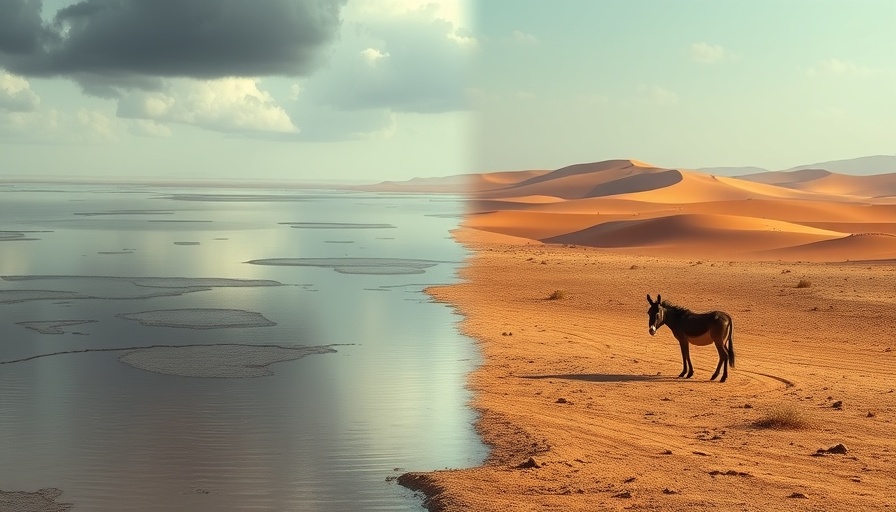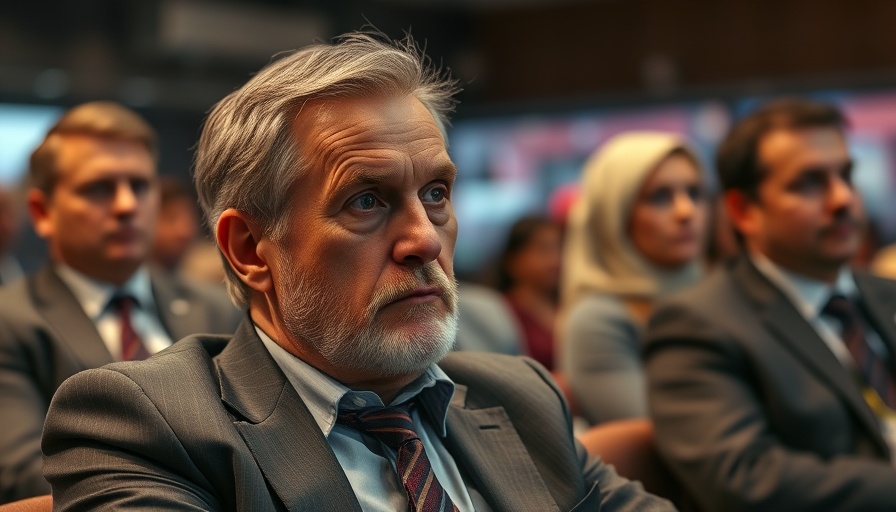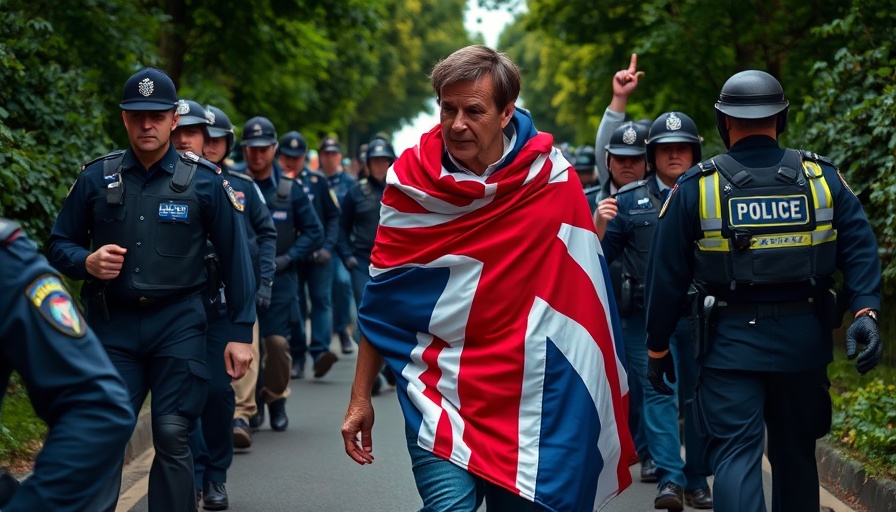
The Crucial Water Crisis: Understanding Our Dependence on This Finite Resource
In the recent documentary titled Water - Too much and not enough by DW, the unsettling narrative of water scarcity and surplus intertwines against the backdrop of climate change. As temperatures rise globally, we find ourselves grappling with two contrasting realities: places where water floods and places where it has all but vanished. This duality brings to light the pressing question of whether we are already witnessing a global water crisis or merely teetering on the brink.
The video Water - Too much and not enough prompts critical thoughts about the impending water crisis and its implications, inspiring this deeper exploration.
Climate Change: The Uneven Distribution of Water Resources
Water, a fundamental resource for life, is not only finite but also heavily influenced by climatic shifts. As illustrated in the documentary, regions once blessed with abundant water are now suffering crippling shortages. For instance, in Brazil’s Bahia state, agricultural practices and deforestation have transformed the once-lifeblood San Francisco River into a mere stream, leaving the poorer communities struggling for access to clean water. This disparity doesn’t just threaten livelihoods; it also highlights systemic injustices in water management, where wealthier agricultural businesses often siphon off local resources, leaving marginalized communities in dire conditions.
Forewarning of Extreme Weather: The New Normal
The documentary delves into the patterns of weather extremes fueled by climate change. While some regions face severe droughts with little to no rainfall, others suffer from violent storms and flooding. This unpredictability complicates water management and poses threats to infrastructure. It necessitates a reevaluation of how communities, particularly in Africa, can adapt to these changes.
Strategies for Sustainable Water Management
To confront these growing challenges, innovative solutions like water recycling in urban centers and enhanced agricultural practices are emerging. As communities look for sustainable ways to utilize less potable water for irrigation and landscaping, they are increasingly turning to artificial turf and xeriscaping. In Berlin, for example, efforts are underway to treat wastewater, thereby replenishing dwindling river supplies. Such practices must be at the forefront of policy discussions in Africa to ensure equitable and sustainable water access.
A Call to Action: Renewing Our Relationship with Water
The urgent revelations from Water - Too much and not enough underscore the need for immediate action. We must foster an awareness of our water consumption and take steps to ensure this precious resource is managed responsibly. As individuals, communities, and nations, we need to advocate for policies that prioritize human and environmental needs equally. A concerted effort could help alleviate the looming threat of a global water crisis.
 Add Row
Add Row  Add
Add 




Write A Comment